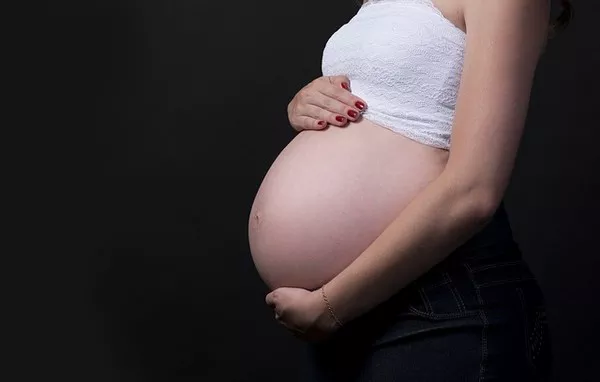A recent study has revealed that preeclampsia during pregnancy can significantly worsen kidney function in patients with chronic kidney disease (CKD), potentially leading to a faster decline in renal health or progression to end-stage kidney disease (ESKD).
Researchers, including Zheng Li from Peking University’s First Hospital in Beijing, found that CKD patients who experienced preeclampsia had a more pronounced decline in kidney function compared to those with CKD who did not develop preeclampsia. The study, which followed 103 CKD patients with preeclampsia and 103 matched controls without preeclampsia, highlights the increased risks associated with this condition.
The findings show that 44 patients with CKD and preeclampsia experienced a decrease in estimated glomerular filtration rate (eGFR) of more than 30% or developed ESKD, compared to 20 patients without preeclampsia. On average, eGFR declined by 17.38% in patients with preeclampsia versus 10.05% in those without.
Early onset preeclampsia, occurring before 34 weeks of gestation, and late-onset preeclampsia were both identified as risk factors for significant kidney function decline or progression to ESKD. The study found that patients with early onset preeclampsia had a hazard ratio (HR) of 2.61 for developing severe kidney issues, while those with late-onset preeclampsia had an HR of 2.54 compared to CKD patients without preeclampsia.
This research underscores the need for careful monitoring and management of CKD patients who experience preeclampsia, as the condition is linked to an accelerated decline in kidney function and a heightened risk of long-term kidney complications.

